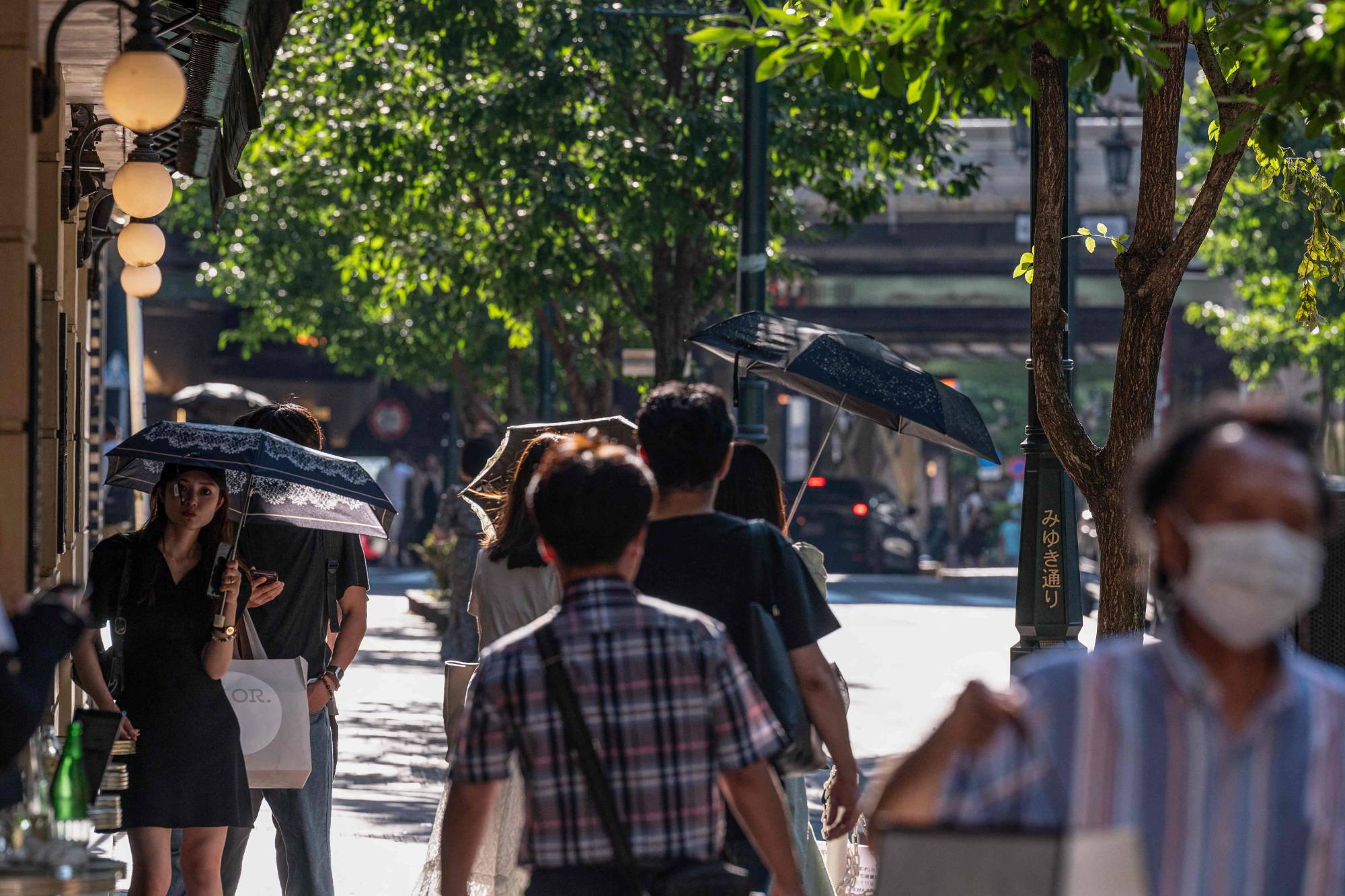COVID-19 cases in Japan are continuing their recent rise and taking a toll on the elderly in particular, with experts predicting the trend will continue amid high heat, declining population-level immunity and the start of the holiday season.
Health ministry statistics released Friday showed Japan’s ninth wave of coronavirus infections is continuing, with the average number of new cases reported by around 5,000 designated medical institutions in the week through July 9 standing at 9.14, up from 7.24 a week before.
Japan has seen a continuous, though gradual, increase in COVID-19 cases for eight straight weeks since May 8, when it downgraded the disease to a status on par with seasonal flu and scrapped a range of special COVID-19 measures, including the daily counting of cases.

















With your current subscription plan you can comment on stories. However, before writing your first comment, please create a display name in the Profile section of your subscriber account page.